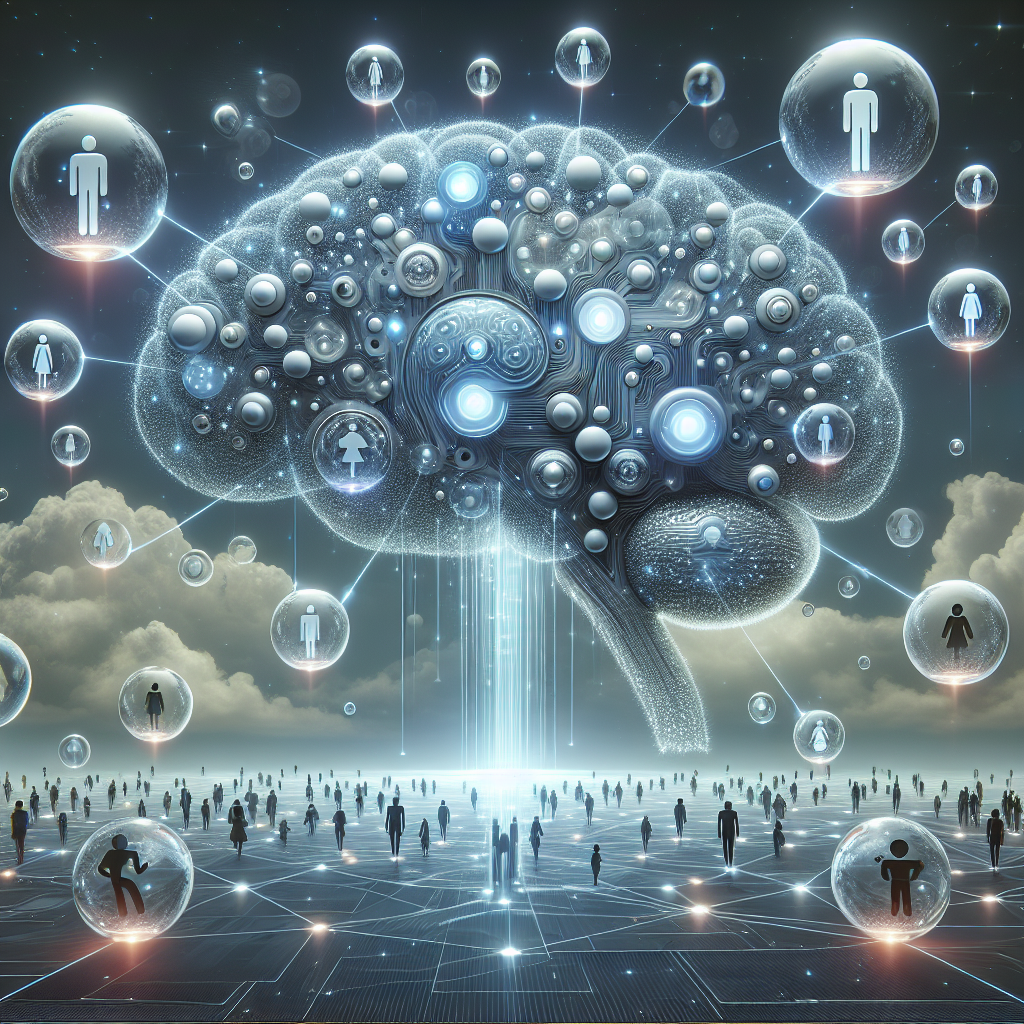The Impact of AI Deployment on Personal Privacy
Artificial Intelligence (AI) has rapidly become integrated into our daily lives, from virtual assistants like Siri and Alexa to personalized recommendations on streaming services and social media platforms. While AI has the potential to greatly enhance efficiency and convenience, its deployment also raises concerns about personal privacy. As AI technology continues to advance, it is important to consider the impacts on individual privacy and the measures that can be taken to protect personal data.
One of the primary concerns surrounding AI deployment is the collection and use of personal data. AI systems rely on vast amounts of data to learn and make decisions, and this data often includes sensitive information about individuals. For example, AI algorithms used in targeted advertising may track users’ online behavior to create personalized ads, raising questions about the extent of data collection and the transparency of data usage.
Furthermore, the use of AI in surveillance technologies, such as facial recognition systems, poses significant privacy risks. These systems can track individuals’ movements and activities in public spaces, raising concerns about mass surveillance and potential violations of privacy rights. In some cases, AI-powered surveillance systems have been used to monitor and track individuals without their consent, leading to privacy violations and concerns about the misuse of personal data.
Another area of concern is the potential for bias and discrimination in AI algorithms. AI systems are trained on historical data, which may contain biases or prejudices that can be perpetuated in the AI’s decision-making processes. For example, an AI algorithm used in hiring processes may inadvertently discriminate against certain groups based on historical hiring patterns or biases in the training data. This can have serious implications for individuals who may be unfairly disadvantaged by AI-powered systems.
In addition to the risks of data collection, surveillance, and bias, there are also concerns about the security of AI systems and the potential for data breaches. As AI technology becomes more widespread, the amount of personal data being collected and processed also increases, making it a target for cyberattacks and unauthorized access. Data breaches can have serious consequences for individuals, including identity theft, financial fraud, and reputational damage.
To address these privacy concerns, it is important for organizations deploying AI technology to implement robust data protection measures and transparency practices. This includes obtaining explicit consent from individuals before collecting their data, providing clear information about how data will be used, and implementing security measures to safeguard personal information.
Furthermore, organizations should prioritize fairness and accountability in AI systems by regularly auditing algorithms for bias and discrimination, and providing mechanisms for individuals to challenge decisions made by AI systems. By ensuring transparency, accountability, and fairness in AI deployment, organizations can mitigate the risks to personal privacy and build trust with users.
In conclusion, the deployment of AI technology has significant implications for personal privacy, raising concerns about data collection, surveillance, bias, and security. To address these concerns, organizations must prioritize data protection, transparency, fairness, and accountability in their AI systems. By taking proactive measures to protect personal privacy, organizations can harness the benefits of AI technology while respecting individuals’ rights and building trust with users.
FAQs:
Q: How can individuals protect their privacy in the age of AI?
A: Individuals can protect their privacy by being mindful of the data they share online, using privacy settings on social media platforms, and being cautious about the apps and services they use. It is also important to read privacy policies and terms of service before providing personal information to organizations.
Q: What rights do individuals have regarding their personal data in AI systems?
A: Individuals have the right to access, rectify, and delete their personal data in accordance with data protection regulations such as the General Data Protection Regulation (GDPR) in the European Union. Organizations deploying AI systems must comply with these regulations and provide individuals with the necessary tools to exercise their data protection rights.
Q: How can organizations ensure fairness and accountability in their AI systems?
A: Organizations can ensure fairness and accountability in their AI systems by regularly auditing algorithms for bias, providing explanations for automated decisions, and implementing mechanisms for individuals to challenge decisions made by AI systems. By prioritizing transparency and accountability, organizations can build trust with users and mitigate the risks of bias and discrimination in AI deployment.

